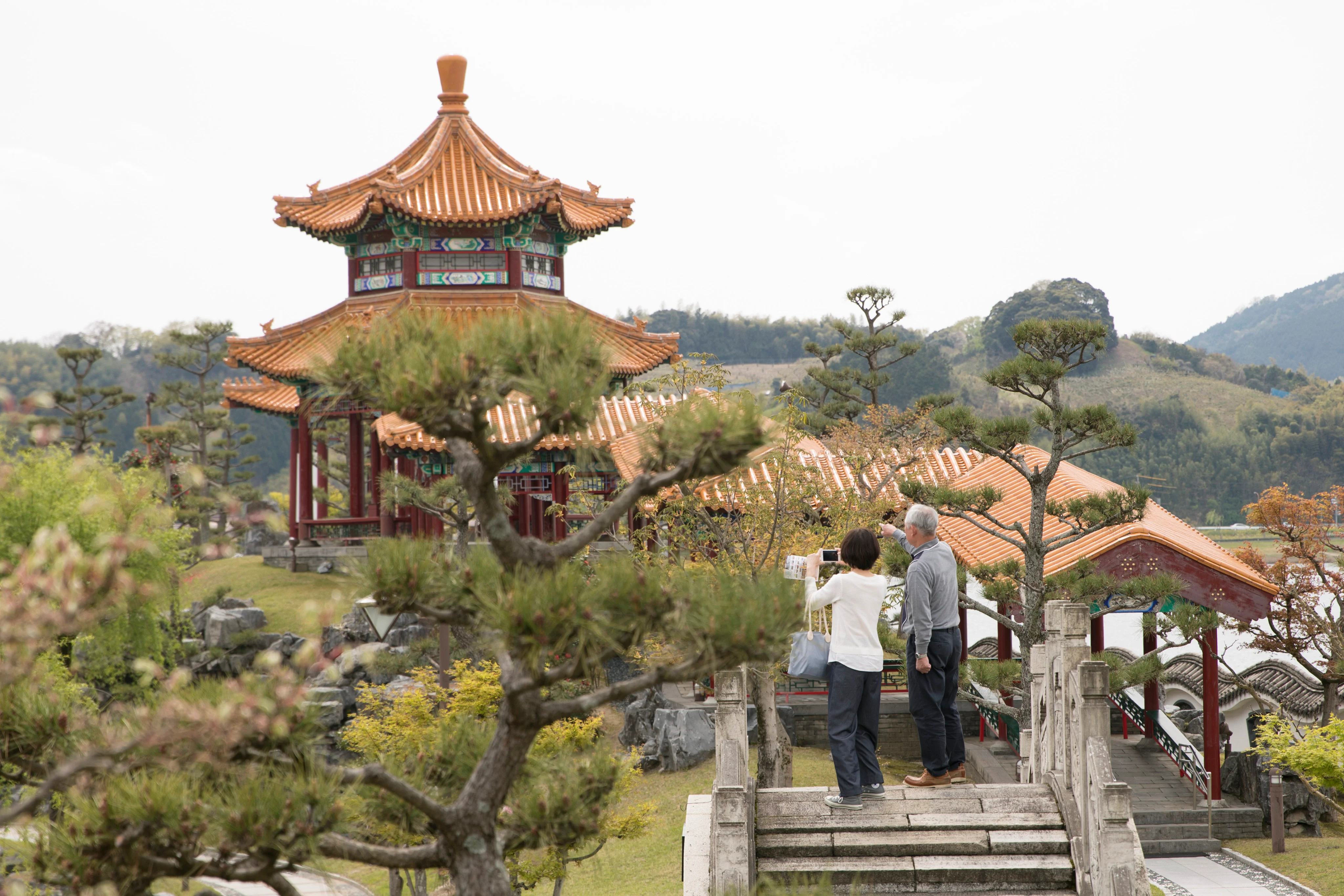By Ralph Jennings
Copyright scmp

When Ding Xiaohan, a software engineer from Shanghai, took her 18-year-old son to Japan for a weeklong holiday this summer, she did not hold back.
The 47-year-old spent freely as they explored the affluent neighbourhood near the Tokyo Tower and the tea-producing city of Shizuoka, splashing out on sushi lunches, barbecue dinners and dolls modelled on iconic Studio Ghibli anime characters.
“Japanese food and merchandise are different, higher quality – like if you buy clothing it’s more comfortable,” Ding said. “I don’t think Japan is too expensive.”
Chinese tourism to Japan is soaring this year as a weaker yen attracts middle-class and wealthy families looking to splash out on high-end branded goods and cultural experiences – from pricey wellness packages to stays in traditional ryokan guest houses.
More than 6.7 million visits by Chinese travellers to Japan were recorded during the first eight months of 2025, up from 4.6 million over the same period last year, data from the Japan National Tourism Organisation showed.
The statistics do not cover tourists’ income levels, but wealthier people rank prominently among the recent arrivals, according to Shiroto Obata, who works in the body’s research and marketing team.
Wealthy Chinese are visiting Japan “more often” and appear to be spending more, according to Subramania Bhatt, CEO of the travel marketing and technology company China Trading Desk.
In July, the average luxury transaction made by high-income Chinese credit card holders in Japan reached about US$3,800, up from US$3,600 the previous month, Bhatt said.
Chinese tourists are being drawn to Japan because their money now goes further than ever due to the ongoing depreciation of the yen, travel industry analysts said.
The Japanese yen has lost more than a quarter of its value against the Chinese yuan over the past five years, falling from 14.43 to the yuan in September 2020 to 20.71 as of September 15, 2025.
Japan has become a much more financially accessible destination for more travellers because of the weak yen
Sienna Parulis-Cook, Dragon Trail International
Luxury items offered by Japanese vendors tend to be 20 to 30 per cent cheaper than those available in China, China Trading Desk has found.
“My understanding of Japan’s recent popularity among Chinese travellers is that it’s become a much more financially accessible destination for more travellers because of the weak yen, and this is what’s really driving the boom in Chinese tourism,” said Sienna Parulis-Cook, marketing and communications director with the business consultancy Dragon Trail International.
Visitors from China are far more interested in going shopping in Japanese cities compared with tourists from other countries, Obata said.
And these days, they are willing to spend on more than just luxury goods. “Their focus is shifting to discreet prestige, wellness integration and culturally aligned products,” China Trading Desk said in an August newsletter compiling traveller survey data.
Today’s moneyed Chinese tourists range from the ski slopes of Hokkaido to the southern coastal resorts of Kamakura, people in the travel sector said. Some are even heeding a Japanese government call to visit small towns rather than the big cities.
In the old capital of Kyoto, the Six Senses Kyoto hotel – a wellness resort with a range of spa facilities – counts Chinese guests among its top three sources of visitors, according to Henry Cheung, the company’s marketing and communications director.
Chinese customers tend to seek out “meaningful experiences”, according to Cheung, with guests taking advantage of the hotel’s organic mattresses, sleep-boosting menus and aquatic bodyworks treatment pool. A night’s stay at the resort cost about HK$6,400 to HK$8,500 (US$825 to US$1,090) on third-party booking websites as of September 1.
“While we have dedicated Chinese-speaking hosts and menus for Chinese travellers, we believe our unique wellness and sustainable offerings will give us a competitive edge in attracting Chinese guests,” he said.



